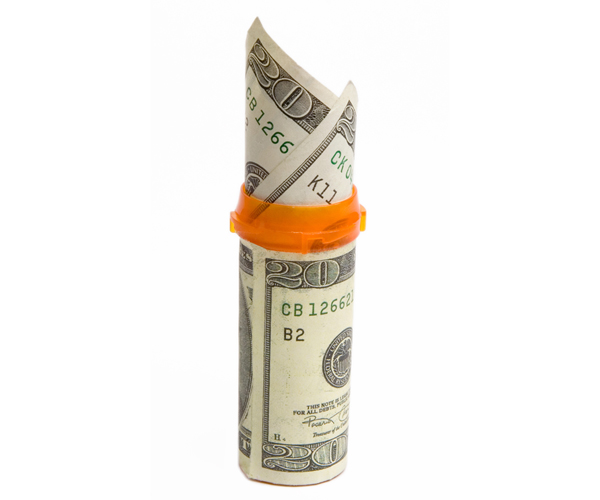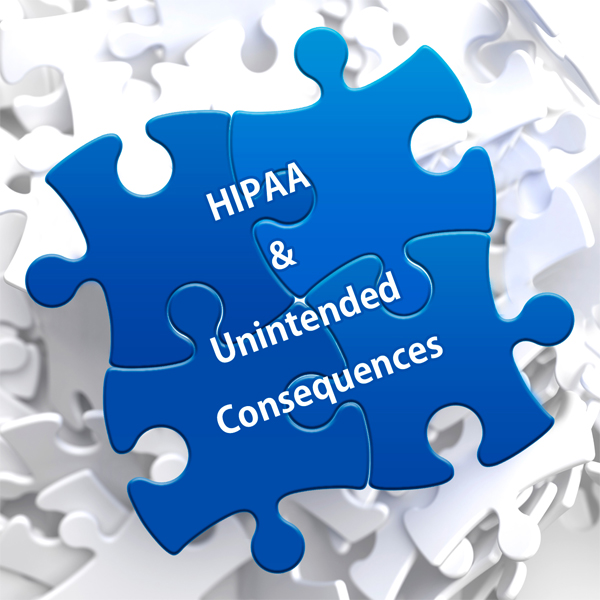CMS is currently testing a new payment model seeking to avoid hospitalizations by funding nursing homes and practitioners for more extensive intervention.
On August 27, 2015, CMS reported that seven organizations will test the efficacy of the new payment model for nursing home operators and practitioners by funding higher intensity interventions in the nursing facilities for residents who may otherwise be hospitalized. The goal is in recognition of the fact that treatment at nursing homes is less expensive than hospitalizations.
The Centers for Medicare & Medicaid Services has been working with seven “Enhanced Care and Coordination Providers” (ECCPs) for the past three years to gather information. These organizations may apply to test the new payment model.
While this should come as no news to anyone involved in revenue cycle management for nursing homes or hospitals, the agency said that “improving the capacity of nursing facilities to treat common medical conditions as effectively as possible within the facility has the potential to improve the residents’ experience at lower cost than a hospital admission.”
Significantly, the model also includes payments to physicians, NPsand PAs– which makes me wonder if part of this initiative will also include increased responsibilities for the nurse practitioners and physician assistants.
This model is currently scheduled to run from October 2016 to October 2020.





